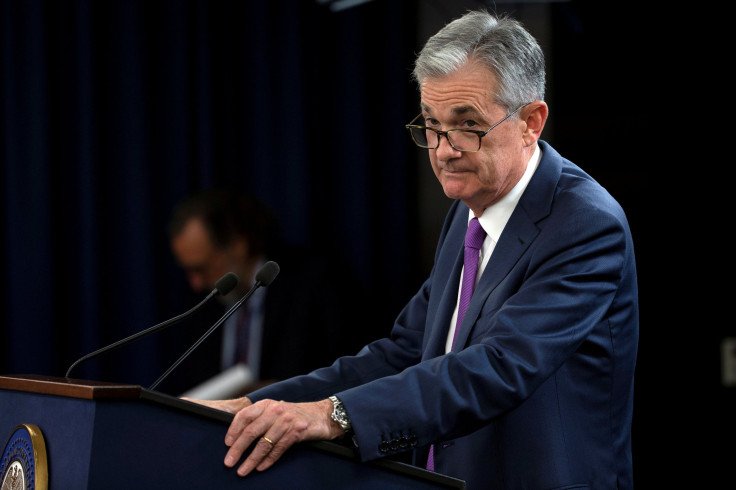Despite Trump Criticism, Fed Sees Need For More Rate Hikes

Federal Reserve policymakers are largely united on the need to raise borrowing costs further, minutes from their most recent policy meeting show, despite U.S. President Donald Trump's view that interest rate hikes have already gone too far.
Every Fed policymaker backed the central bank's September decision to raise the target policy rate to between 2 percent and 2.25 percent, according to minutes of the Sept. 25-26 meeting, published Wednesday.
Participants in the Fed's rate-setting committee also "generally anticipated that further gradual increases" in short-term borrowing costs "would most likely be consistent" with the kind of continued economic expansion, labor market strength, and firm inflation that most of them are anticipating, the minutes showed.
"This gradual approach would balance the risk of tightening monetary policy too quickly, which could lead to an abrupt slowing in the economy and inflation moving below the Committee’s objective, against the risk of moving too slowly, which could engender inflation persistently above the objective and possibly contribute to a buildup of financial imbalances," the minutes said.
U.S. stocks closed slightly lower and U.S. Treasury yields gained a bit as traders continued to bet on further rate hikes ahead. The benchmark 10-year Treasury yield ticked up 3 basis points to 3.184 percent. The dollar also rose.
Trump told Reuters in August he was "not thrilled" with Fed Chair Jerome Powell for raising interest rates, and has since escalated his criticism, this week saying the central bank is his "biggest threat," and last week calling the Fed "crazy," "loco," "ridiculous," and "too cute."
Though the minutes did not refer to any of Trump's criticism, its message of further rate increases suggests that policymakers are not fazed by it.
"For now, the Fed has made it clear that they are focused on their agenda despite rising presidential pressure on their rate decisions," said Mike Loewengart, vice president of investment strategy at E*Trade.
The broadly united front could bolster expectations the central bank will raise rates a fourth time this year in December, but the minutes also show the committee remains split on how much further to raise rates next year.
A few participants expected rates would need to rise enough to modestly restrain economic growth, even as two others "indicated that they would not favor adopting a restrictive policy stance in the absence of clear signs of an overheating economy and rising inflation."
Fed officials overall expect rates to rise to 3.1 percent next year and 3.4 percent in 2020, just above their 3 percent estimate for the long-run "neutral" rate at which borrowing costs are neither braking nor stimulating economic growth. Traders of futures contracts tied to the Fed's policy rate see rates topping out at about 3 percent.
In the minutes, policymakers said estimates of the neutral rate would only be "one among many" factors going into monetary policy decisions.
The U.S. economy has been growing more quickly this year than many economists believe is possible without generating higher inflation, with the jobless rate at its lowest level in decades.
The Fed has been raising interest rates since 2015 and after the rate hike last month it stopped describing the stance of monetary policy as "accommodative," meaning that it no longer thought the level of interest rates was stimulating the economy.
The minutes showed that "almost all" policymakers agreed it was time to remove that language.
(Reporting by Jason Lange and Pete Schroeder; Writing by Ann Saphir; Editing by Andrea Ricci)
-Reuters
© Copyright Thomson Reuters 2024. All rights reserved.





















